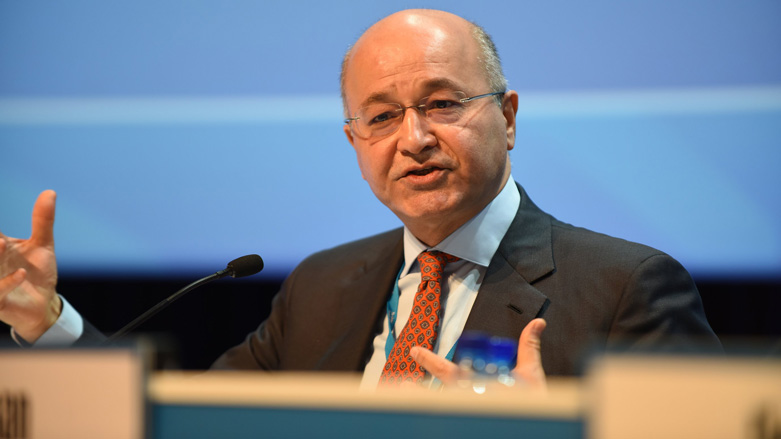Kurdish party rejoins election after leader quit to seek Iraqi presidency

ERBIL (Kurdistan 24) – Some candidates from the Coalition for Democracy and Justice (CDJ), which earlier announced a boycott of the upcoming Kurdistan Region elections, said they will now run after the group's leader left to rejoin his former party in hopes of securing the Iraqi presidency.
The announcement came just ten days before the regional parliamentary vote is to be held on Sept. 30.
“A number of Coalition candidates decided to go against the previously announced boycott of the election,” Jegir Bradosti, a CDJ member told Kurdistan 24 on Thursday. “So far, we are 16 individuals in both Erbil and Sulaimani Provinces, and earlier, two others began campaigning in Duhok.”
As the CDJ has officially registered as a political entity for the election, “they are allowed to participate in the process,” pointed out Aram Najmaddin, the Director of High Electoral and Referendum Commission’s (IHERC) Erbil Office. The only hurdle would be, Najmaddin added, “to choose a new leader for the listed candidates.”
The party's recently resigned leader, former Kurdistan Regional Government (KRG) Prime Minister and former Iraqi Deputy Prime Minister Barham Salih was a key leader in the Patriotic Union of Kurdistan (PUK) until September when he announced his resignation and formed the new opposition party.
The CDJ secured two seats out of total 329 in the Iraqi parliament in May national elections, in which they were one of the parties that alleged mass voter fraud and demanded a total recount.
As the date for campaigning in the September regional elections neared, and after registering, Salih announced that his party would not participate.
In recent days, he and the PUK have been courting each other, holding meetings to discuss his return.
On Wednesday and at the tail end of intensive rounds of negotiation, PUK spokesperson Saadi Ahmed Pira stated that his party’s leadership, by majority vote, was nominating Barham Salih as their candidate to become the next Iraqi president.
Iraq continues to follow its post-2003 system of power-sharing where the speaker of parliament is a Sunni Arab, the prime minister is picked from the Shia majority, and the president is a Kurd.
Since 2006, the post of the Iraqi president has been given to the PUK based on agreements with the leading Kurdistan Democratic Party (KDP). As cross-party government formation wrangling continues, the KDP has expressed a desire to field its own candidate.
Editing by John J. Catherine
